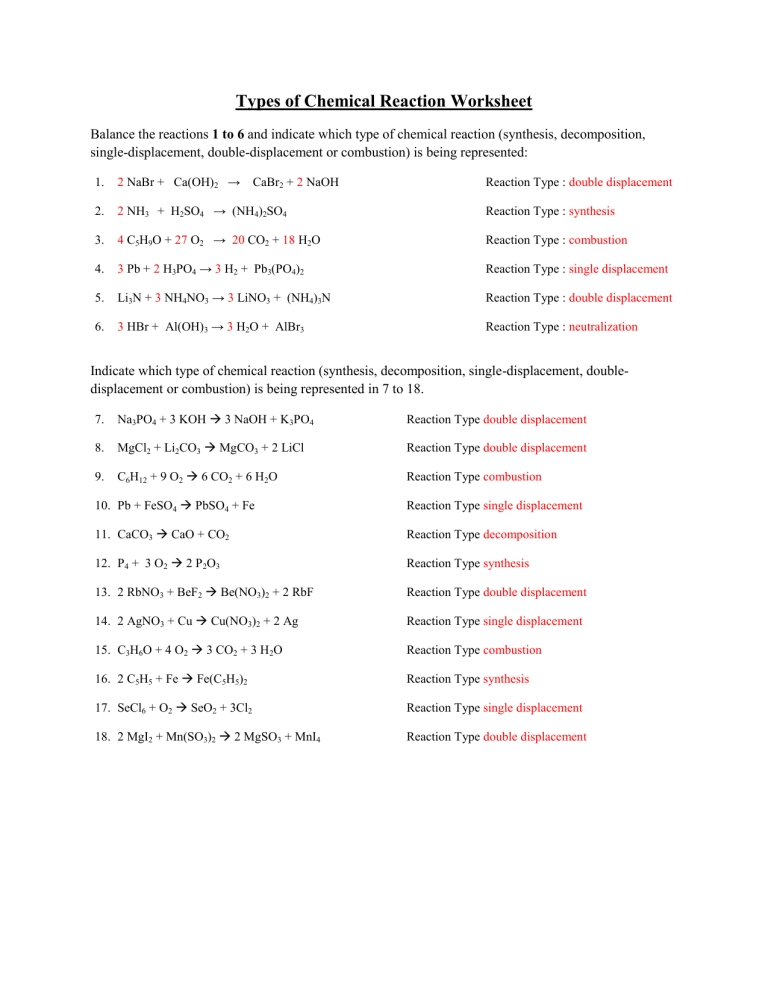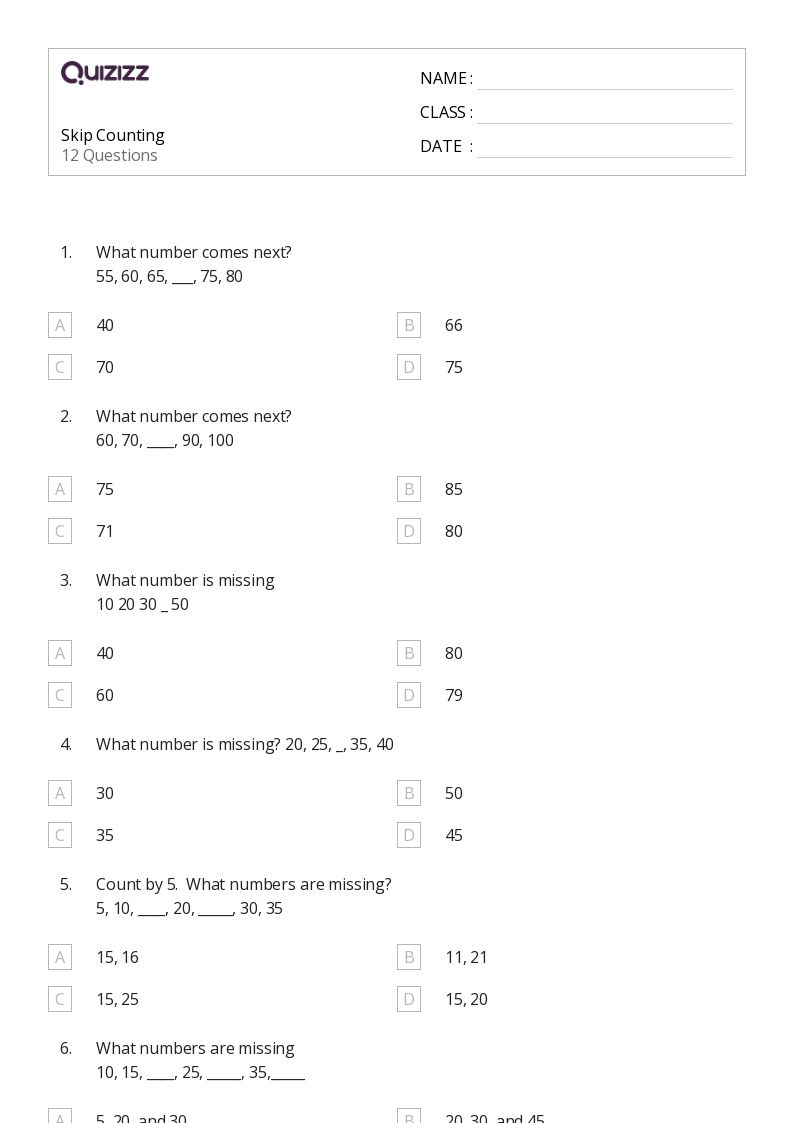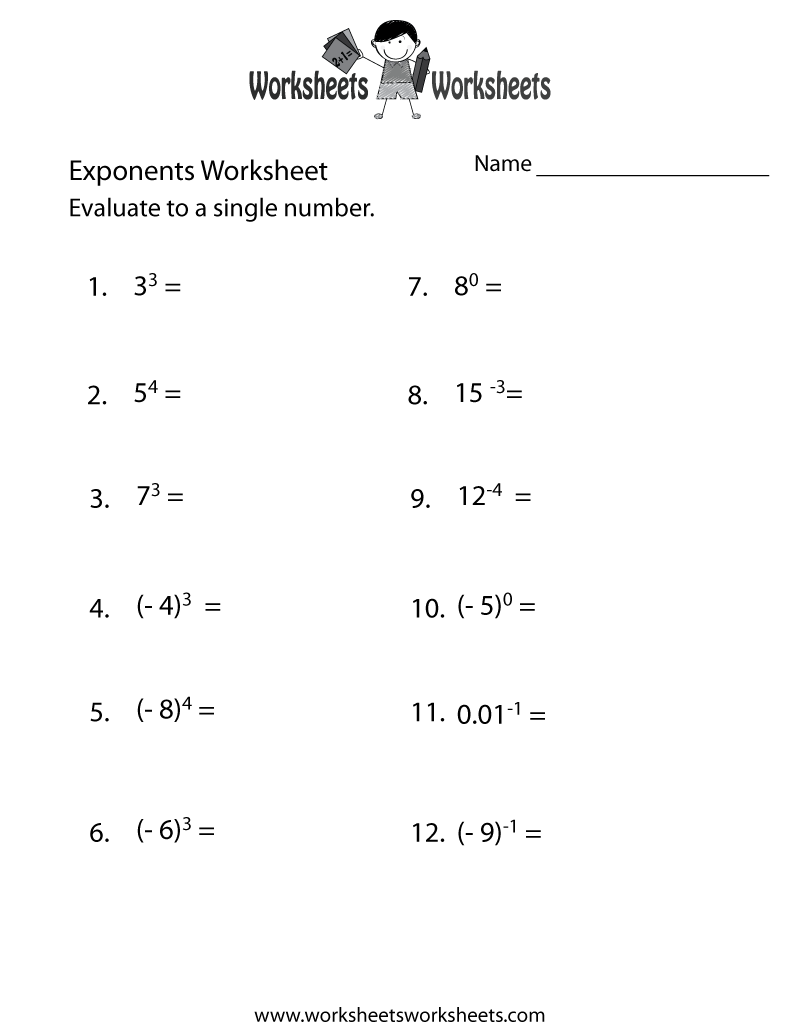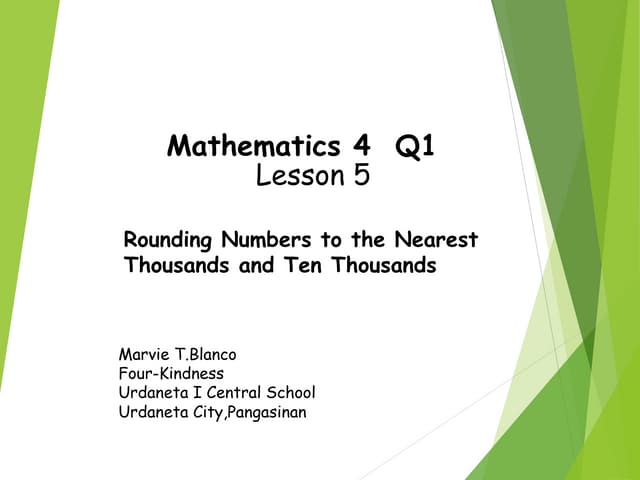Dividing with Decimals Made Easy Worksheet
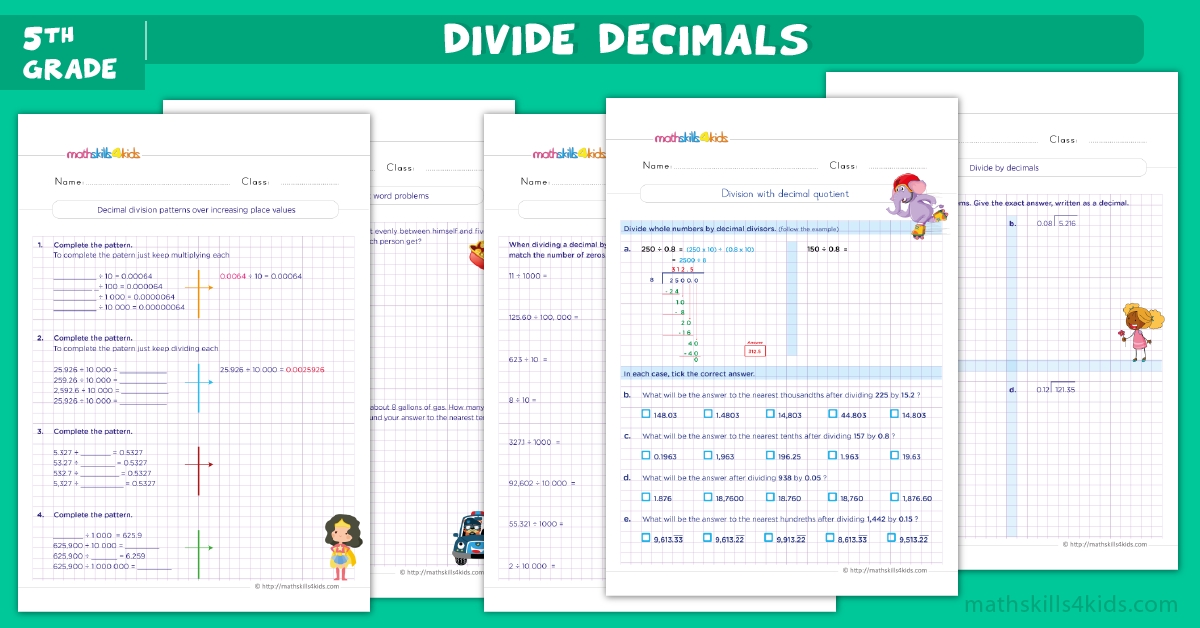
Mastering Decimal Division: A Step-by-Step Guide
Are you struggling to divide numbers with decimals? Do you find it challenging to understand the concept of decimal division? Fear not! This comprehensive guide will walk you through the process of dividing with decimals, making it easy and fun. By the end of this tutorial, you’ll be a pro at dividing numbers with decimals.
Understanding Decimal Division
Decimal division is similar to regular division, but it involves dividing numbers with decimal points. The decimal point is a dot (.) that separates the whole part of a number from its fractional part. To divide decimals, you need to follow a few simple steps.
Step 1: Write the Problem
Start by writing the division problem with the dividend (the number being divided) and the divisor (the number by which we are dividing). Make sure to line up the decimal points.
📝 Note: When dividing decimals, it's essential to line up the decimal points to avoid mistakes.
Step 2: Convert the Divisor to a Whole Number
To make the division easier, convert the divisor to a whole number by moving the decimal point to the right. You’ll need to move the decimal point in the dividend the same number of places to the right.
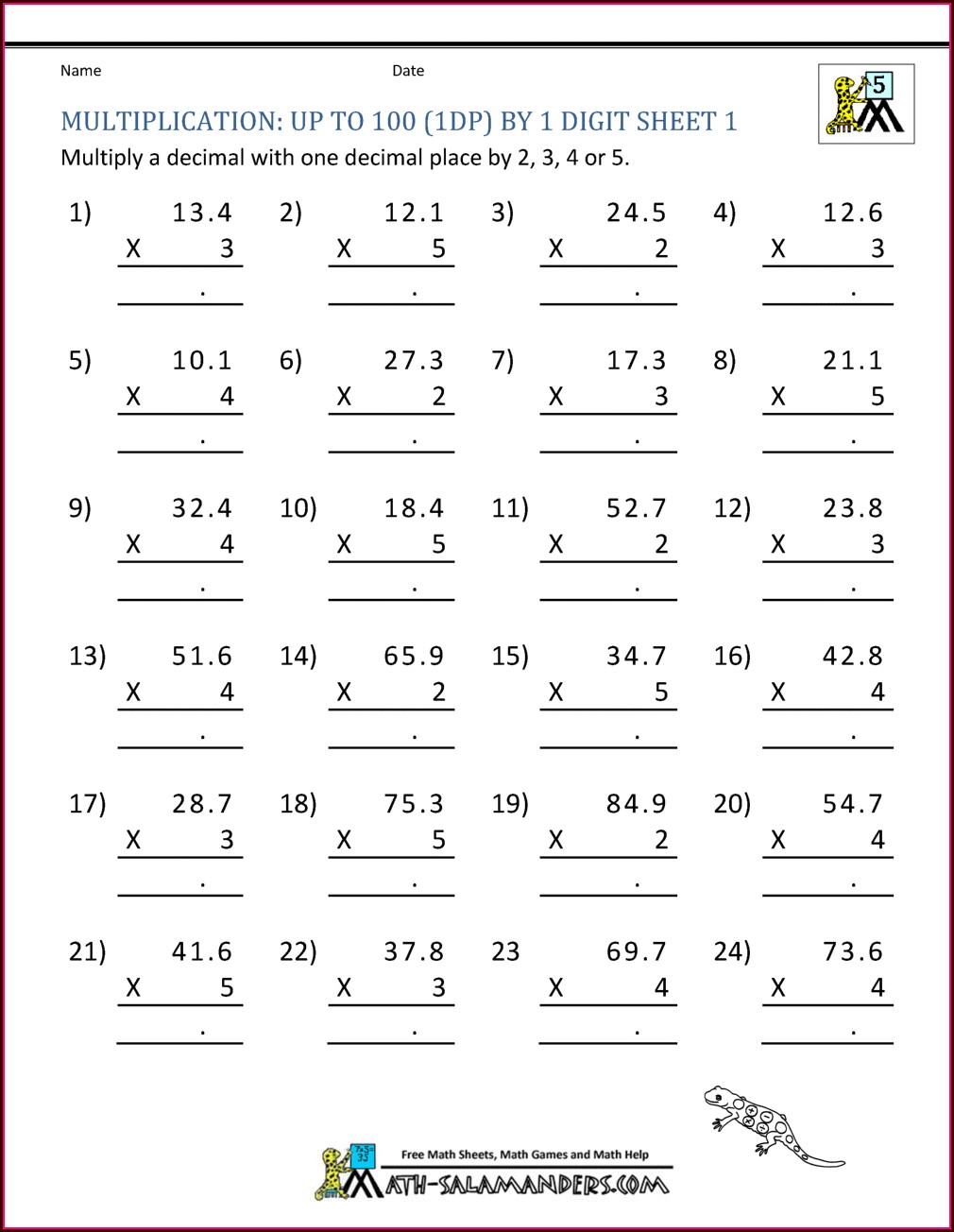
| Divisor | Decimal Point Movement |
|---|---|
| 0.5 | 1 place to the right |
| 0.25 | 2 places to the right |
| 0.125 | 3 places to the right |
Step 3: Perform the Division
Now that the divisor is a whole number, perform the division as you normally would. Make sure to place the decimal point in the quotient (result) correctly.
Step 4: Check Your Answer
Once you’ve completed the division, check your answer by multiplying the quotient by the divisor. The result should be the dividend.
📝 Note: Always check your answer to ensure accuracy.
Examples and Practice
Let’s practice dividing decimals with a few examples:
- 4.8 ÷ 0.6 =?
- 2.5 ÷ 0.5 =?
- 9.6 ÷ 0.8 =?
Work through each problem, following the steps outlined above.
Solution 1: 4.8 ÷ 0.6 =?
- Write the problem: 4.8 ÷ 0.6 =?
- Convert the divisor to a whole number: 0.6 → 6 (move decimal point 1 place to the right)
- Perform the division: 48 ÷ 6 = 8
- Check your answer: 8 × 0.6 = 4.8
Answer: 8
Solution 2: 2.5 ÷ 0.5 =?
- Write the problem: 2.5 ÷ 0.5 =?
- Convert the divisor to a whole number: 0.5 → 5 (move decimal point 1 place to the right)
- Perform the division: 25 ÷ 5 = 5
- Check your answer: 5 × 0.5 = 2.5
Answer: 5
Solution 3: 9.6 ÷ 0.8 =?
- Write the problem: 9.6 ÷ 0.8 =?
- Convert the divisor to a whole number: 0.8 → 8 (move decimal point 1 place to the right)
- Perform the division: 96 ÷ 8 = 12
- Check your answer: 12 × 0.8 = 9.6
Answer: 12
Conclusion
Dividing decimals may seem daunting at first, but with practice and patience, you’ll become a pro in no time. Remember to follow the steps outlined above, and always check your answer to ensure accuracy. With this guide, you’ll be able to tackle even the most challenging decimal division problems with confidence.
What is the main difference between regular division and decimal division?
+The main difference between regular division and decimal division is the presence of decimal points. Decimal division involves dividing numbers with decimal points, which requires additional steps to ensure accuracy.
Why is it essential to line up the decimal points when dividing decimals?
+It’s essential to line up the decimal points to avoid mistakes and ensure accuracy. When the decimal points are lined up, it’s easier to perform the division and place the decimal point in the quotient correctly.
How can I check my answer when dividing decimals?
+You can check your answer by multiplying the quotient by the divisor. The result should be the dividend. This step ensures that your answer is accurate and helps you catch any mistakes.
